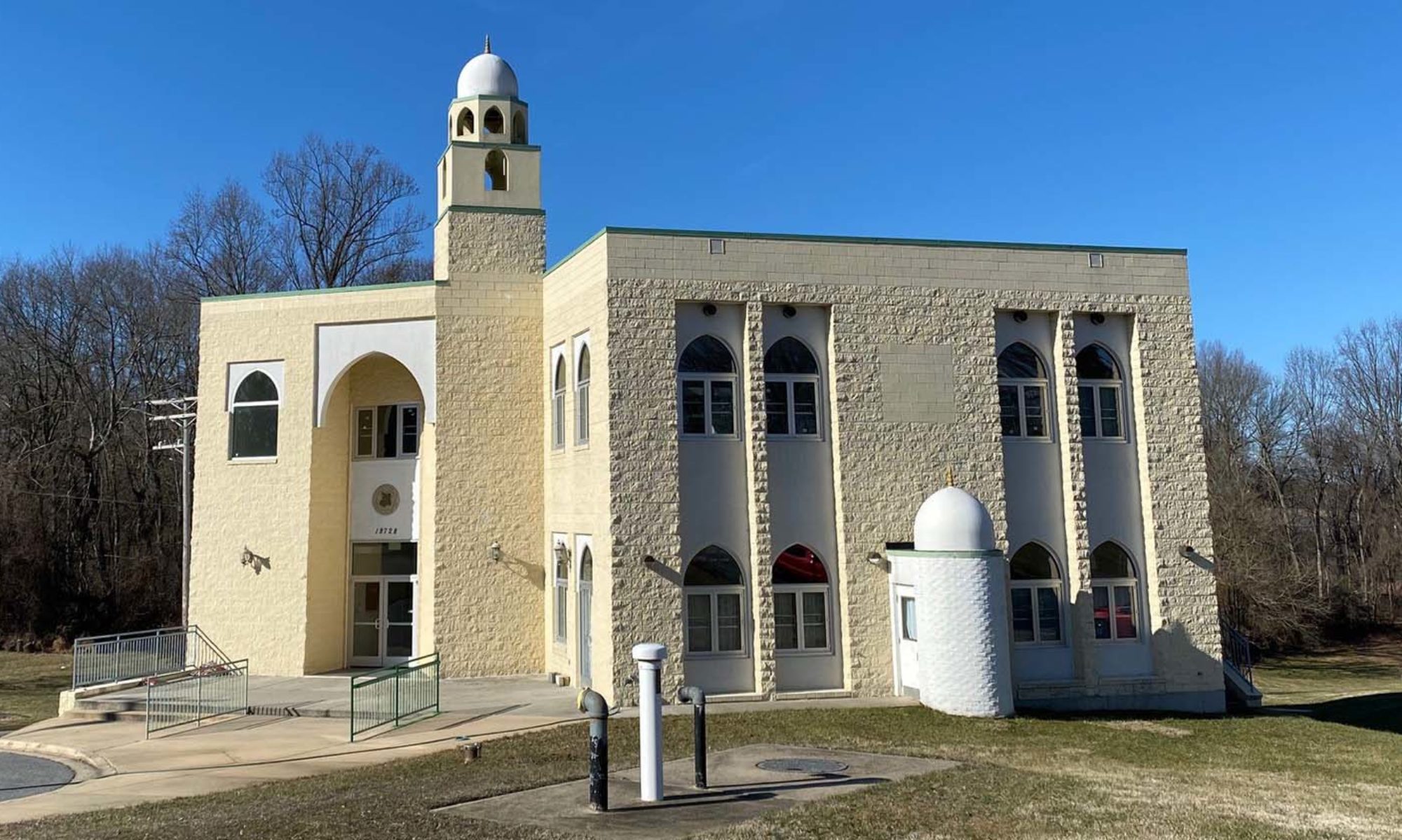Parent’s Roles
We would like to talk about a parent’s role in their child’s education. Parent’s support and involvement is critical to children’s education. When parents and teacher’s form a strong partnership, it improves learning outcome. Parents have expressed interest in working closely with their children, but many worry that they do not have the skills or the understanding necessary to provide “deeni taalim” to their children.
We encourage parents and teachers to discuss their questions and concerns with each other. Every question when asked with the right intention is important, no matter how insignificant it may seem.
1) How can I help my child with their homework?
2) What resources can be made available to me for…?
3) Would it be possible to help me do…?
4) Can I know more about…?
The first step for parents to be involved is to understand what their child learns in madrasah. Here is a a summary of the subjects for each period: ( *see attached timetable)
- Tilawat-e-Dua This is a power capsule of sorts that is specifically designed for all age groups. It includes Quran Tilawat, Doa, Tasbeeh, Nasihat, Qaseeda, Matam and Madeh. Children are also made aware of current events / occasions.
- Hifz-ul-Quran Children are taught techniques for memorization of Quran Surats with the right Ahkaam / Makharij (rules/pronunciation).
- Adiyat Understand and learn Wuzu and Namaz ni Doa. Children pray practical Namaz. (*Important to send a masalla with your child)
- Fiqeh / Moezat All the topics in this subject are related to the “7 pillars of Islam” (Islam na saat Diamat).Children are taught shariat na Ahkaam including halal/haram. In each topic, clarity is provided on how “Moula tus je bhi amal kare ye fiqeh che” Moezat are the teachings by Awliyah-u-Allah AS
- Akhbar Akhbar means History. In this particular subject they are taught the series and timeline of Panjatan Pak AS/ Aemat Tahereen AS/ Doat mutlaqeen RA.The emphasis given in all topics is that the given topics are not just stories but the events that actually took place. Each topic is then related to Dai zaman Syedna Mufaddal Saifuddin TUS.
- Fawaeed Fawaeed is a part of Fiqeh. Example:Jaman ni Adaab; Majlis ni Adaab; Details of Wuzu
- Adab Adab consists of Qaseeda/ Nasihat/ Madeh. Kids are taught to pray in lehen and given the meaning and gist of the particular nasihat/qaseedah taught.
(*Parents are urged to download the Tadreeb app and make their child listen to the app everyday before going to bed)
- Hikam Consists of Ayat / hadees / kalaam. Teachings of Allah TA / Rasulullah SAW / Moulana Ali AS.
- Tarbiyat Saifiyah Teaching of Huruf (letter) and its right pronunciation. Sounds of each Huruf with the particular erab. (zabar/zer/pesh). Each huruf is simultaneously taught with
tarbiyat (upbringing). For example when teaching “be”, we will discuss the importance of Bismillah. That is why it is called “Tarbiyat Saifiyah”
- Lisan-ud-dawat To get a better grasp of, and to understand and speak the language of dawat.
To reiterate, there is a lot of work to be done and limited resources. We encourage everyone to continue to provide feedback, extend your support in any capacity so that we can quickly achieve our goals.
Encouragement (Tashjee)
Madrasah Najmiyah is initiating a new tashjee program for farzando. The goal of this initiative is to instill certain key qualities in our farzando, and to enable them to achieve these habits via incentives.
Children will be given a “white card” for criterion listed below.
When the child has accumulated 20 white cards, they can be redeemed for a “ gold card”.
At the end of the madrasah year, prizes will be awarded to the top 3 card holders.
Incentive cards criterion:
1) Arrive before Tilawat doa begins (9.15 AM )
To be handed at the beginning of Tilawat doa to all students who were on time.
Coordinator: Teacher leading Tilawat doa
2) Attendance in majalis / miqaats.
To be handed at the end of Tilawat doa to all students who attended miqaats during the past week. (1 miqaat attendance =1 white card)
Coordinator: Teacher leading Tilawat doa
3) Classwork / Homework
Progress in Hifz-ul-Quran
Homework completed
Performed well in Monthly Assessments
Coordinator: Class teacher.
4) Respect
Speak respectfully with elders
Coordinator: Any Madrasah teacher.
5) Salaam
Salaam to teachers( in madrasah and during miqaats)
Coordinator: Any Madrasah teacher.
6) Jaman ni Adab
Daana Saaf kare che. (Thaal and safra)
Get up together when everyone has finished eating.
Dusting, folding safra and putting in place.
Coordinator: Teacher overseeing farzando in thaal.
7) Dressing & Personal Grooming
Dressed in proper madrasah attire. (Dikrao must wear Saya Kurta, Izaar and Topi. Dikrio must wear Jabla, Izaar, Dupatta or Topi)
Well groomed (Boys- short hair, nails cut)
Coordinator: Class teacher.
8) Lisanudawat
Converse in Lisan-ud-dawat.
Coordinator: Any Madrasah teacher.
** A card will be taken away for misbehavior.
Bullying, fighting, disturbing during namaaz and during classes, or any such behavior that is deemed unacceptable will result in taking away 1 white card for each occurrence.
Coordinator: Any Madrasah teacher.
Note: For some of these categories, teachers might award a card based on how consistently the child behaves, and not for each occurrence.
Feedback Link: https://goo.gl/gSi0vb

